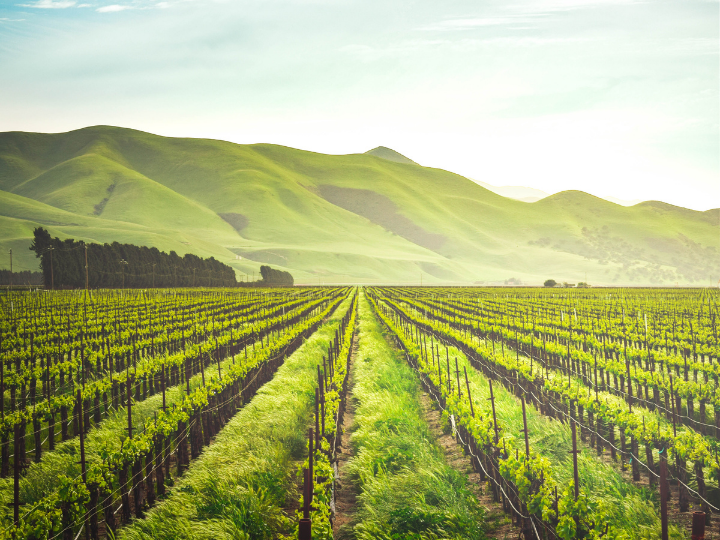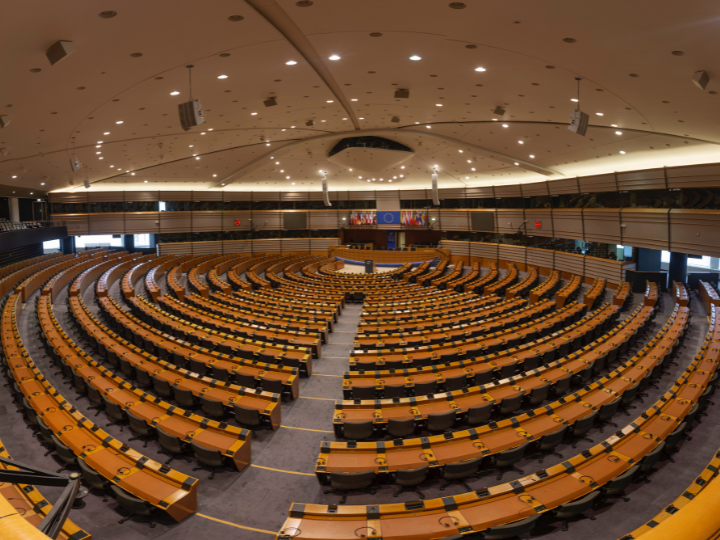by Natasha Foote
The European Commission is in the process of considering whether to grant further farming exemptions from environmental measures following requests from member states, although it does not yet have a clear idea about the impact of previous derogations on food security.
In efforts to counter the impacts of Russia’s invasion of Ukraine, the EU previously allowed temporary derogations from certain environmental requirements in the EU’s farming subsidy programme, the Common Agricultural Policy (CAP), in both 2022 and 2023.
The temporary exemptions currently in force allow loosening rules for crop rotation and the use of fallow land – farmland areas set aside for biodiversity.
In order to get additional green funds under the CAP framework started in 2023, farmers must ensure that at least 4% of their arable land exceeding 10 hectares must be dedicated to areas beneficial for biodiversity such as trees or hedges.
Derogations from this biodiversity requirement on farms could be set to continue into 2024, if certain EU countries get their way.
At a meeting of EU agriculture ministers on Tuesday (25 July), Romania submitted an ‘any other business’ point requesting that the Commission consider allowing the derogations in 2024, echoing calls from seven other member states that had pushed for further flexibility on environmental measures in June.
But according to EU Agriculture Commissioner Janusz Wojciechowski, it is not yet clear to the EU executive whether the original decision has paid dividends.
“We don’t have the detail and analysis of the impact of derogations last [and] this year for the harvest or for the cultivation,” he told journalists during a press conference between discussions with ministers.
The Commissioner highlighted that there is a need for “more information” taking into account the specific situation this year, which has seen farmers across the EU struggle with drought and intense weather conditions.
Despite this, he told ministers that the EU executive will “seriously consider” the move.
“We will monitor the situation and we will seriously consider this proposal, taking into account the situation after the harvest,” Wojciechowski said, adding that the EU executive will “decide a little later”, once more information has been gathered.
An EU source previously told EURACTIV that, as things currently stand, there has been no impact assessment on the previous decision to derogate from environmental measures.
However, there is an obligation for member states to report on the uptake and impact of such derogations on the environment and production by the end of the year, so the Commission can “assess the relevance of such derogation”, the source explained.
Meanwhile, the Commissioner said he understands the request of the farmers, adding that the president of the EU farmers’ association COPA-COGECA had pushed for the derogations to be granted in a short meeting with Wojciechowski before the gathering with EU-27 agriculture ministers.
The association has previously argued this is necessary as European farmers face a “double whammy” of low production together with high input prices and low future prices for all crops.
This position has only been “reinforced” on the back of the recent news that Russia has withdrawn from the Black Sea grain deal that ensured the safe export of Ukrainian grains, a representative for the organisation told EURACTIV.
The member states’ request for further prolongation of the biodiversity derogation has not gone down well with green groups, a coalition of which previously commissioned a study into the suspension of the measures which found the measures had fallen woefully short of their promises.
Meanwhile, earlier in June, more than 100 civil society organisations called on the Commission not to allow any further derogations in a joint open letter to European Commission President Ursula von der Leyen.
*first published in: Euractiv.com




 By: N. Peter Kramer
By: N. Peter Kramer

